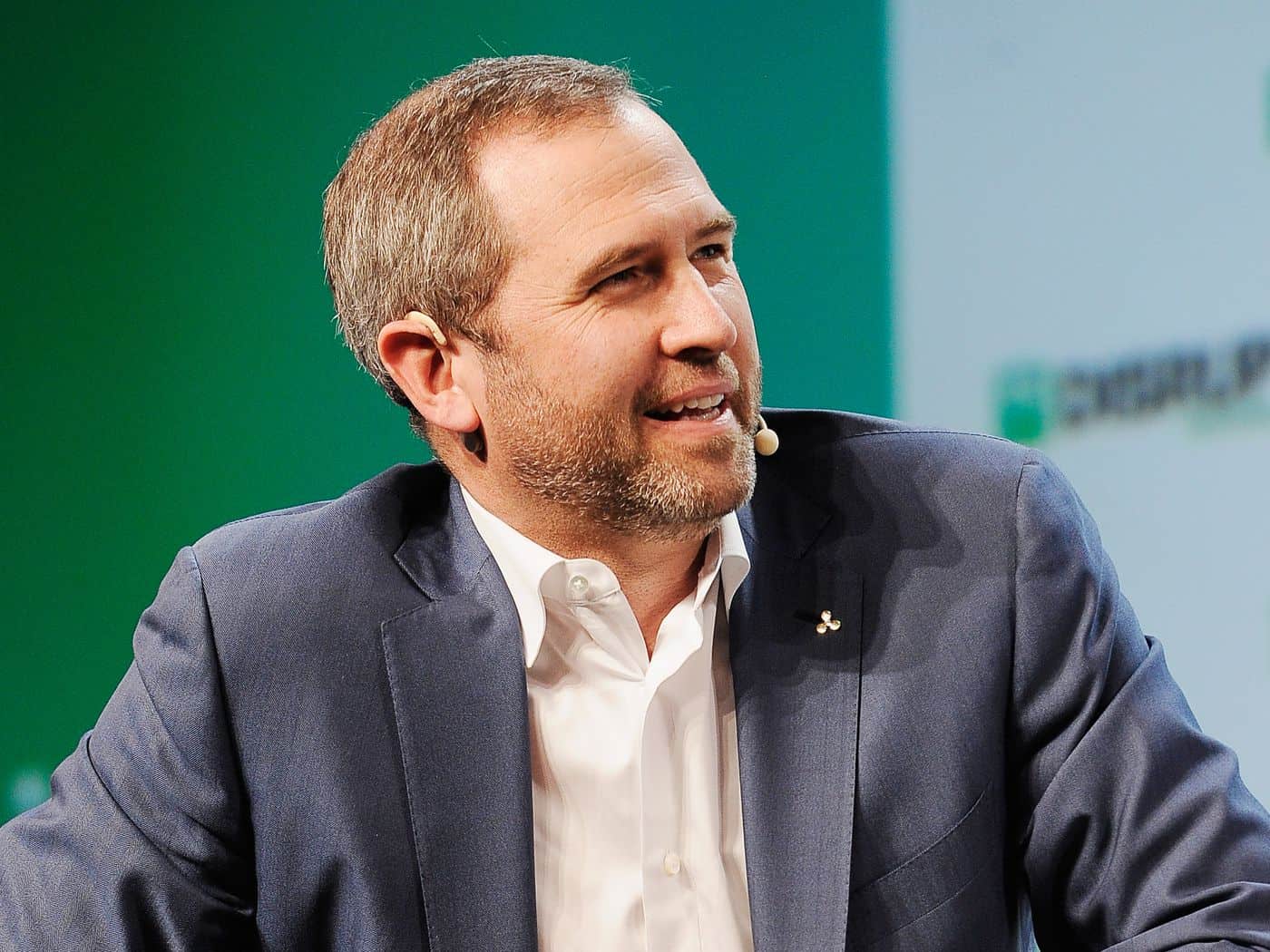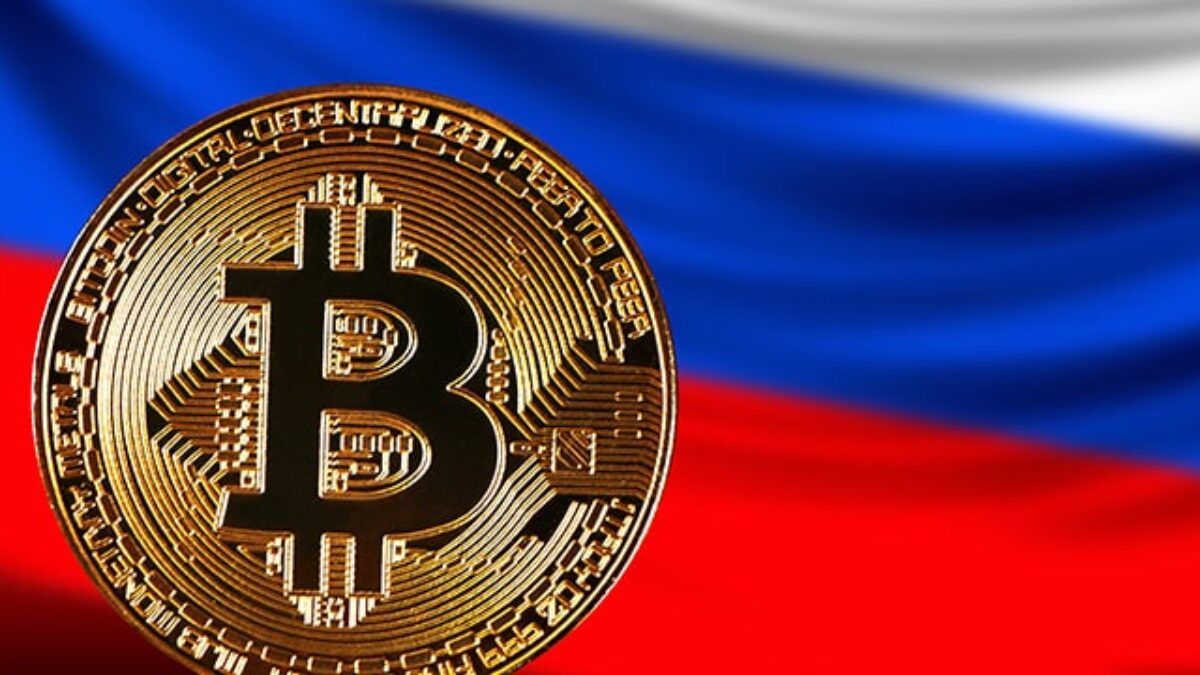
Ripple CEO Brad Garlinghouse has expressed worry over the rise in scams aimed at XRP users. In a recent tweet he called out social media platforms for not doing enough to stop these fraudulent activities.
Scammers exploit India’s Supreme Court’s YouTube channel
Garlinghouse’s comments came after fraudsters infiltrated India’s Supreme Court YouTube channel to advertise XRP cryptocurrency. The channel is typically used for broadcasting significant public interest cases. However, it was compromised on Friday in the first such incident for the judicial body. The channel’s name had been changed to ‘Ripple.live24.’ and showed a video promoting XRP tokens.
A blank video titled “Brad Garlinghouse: Ripple Responds To The SEC’s $2 Billion Fine! XRP PRICE PREDICTION” went live on the channel in the European morning hours. The deceptive video even featured an image of Garlinghouse in the thumbnail to lend credibility to the scam. Fortunately, both the video and the channel were removed shortly thereafter.
In a statement shared with local media companies, Supreme Court said:
“This is to inform all concerned that the YouTube channel of Supreme Court of India has been taken down. The services on YouTube channel of Supreme Court of India will be resumed shortly.”
Supreme Court
Garlinghouse issues new cautionary message for XRP holders
Following the events, Garlinghouse issued a serious caution to XRP holders. He made it clear that neither Ripple nor its leaders would ever request community members to transfer XRP. Scammers frequently use this strategy, promising to increase funds if individuals transfer XRP to designated wallets.
Furthermore, scammers use deepfake videos featuring Garlinghouse and other Ripple executives to promote giveaway schemes. To safeguard against scams, Garlinghouse recommended a three-step strategy to users: “stop, spot, and avoid.”
Unfort this feels like my annual PSA (and yes, I sound like a broken record): @Ripple and execs will NEVER ask you to send us XRP. It’s pathetic to see scammers prey on & exploit innocent crypto users, and the ease at which social media platforms allow it to happen. Stop, spot,… https://t.co/XGDFcxY80T
— Brad Garlinghouse (@bgarlinghouse) September 20, 2024
The rise of generative artificial intelligence (AI) is making cryptocurrency scams increasingly sophisticated and deceptive. Last year, scammers used voice cloning technology to create a fake video featuring Garlinghouse, promoting an XRP giveaway scam.
In April 2020, Garlinghouse sued YouTube for allowing such scams to proliferate on its platform. YouTube defended itself by arguing that it bore no responsibility for the content posted by third parties on its platform. In response, Ripple contended in its counter-suit that YouTube was merely pretending not to see the problem while scammers were profiting millions on its site. Ultimately, the two parties reached a settlement in 2021, agreeing to work together to combat such deceptive practices in the future.











